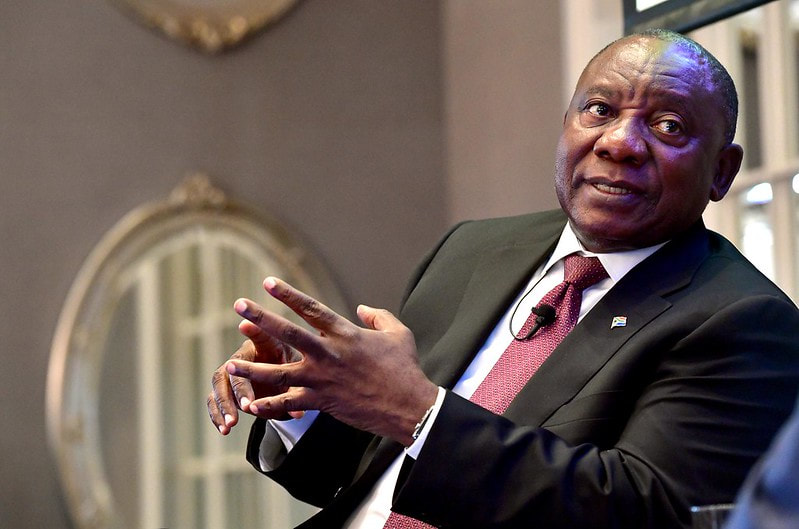|
Closing off the recent annual ANC lekgotla, President Ramaphosa warned against party leaders interfering with the boards of state-owned enterprises (SOEs). This is welcome statement given the extent of the crises at various SOEs, and the impact they are having on the economy, says Parmi Natesan, CEO of the Institute of Directors in South Africa (IoDSA).
“One of the primary reasons for the state of our key SOEs is poor governance, with the lack of role clarity between shareholder and board a primary concern,” she says. “The President’s call provides a welcome opportunity for both SOE boards and Government as shareholder to reflect on their roles.” In a recent paper, “Challenging facing public sector boards”, the IoDSA identified a lack of role clarity as one of the main issues affecting board performance. The paper states that “Many of the challenges around public sector board performance can be traced to overreach by the shareholder.” As sole shareholder, Government is in a position to exert control over the board in a way that is virtually impossible in the private sector. However, argues Dr Simo Lushaba, a Chartered Director co-author of the IoDSA’s paper, the shareholder would be well-advised to adopt best practice in the way it interacts with the board. “The shareholder has to accept that it must balance its policy goals with the need to ensure that the SOE is governed effectively, and thus able to perform as desired. That means appointing people to the board who have the requisite professional and governance skills, as well as the integrity needed to provide ethical and effective leadership,” Dr Lushaba says. “It also means giving the board the space to exercise oversight of the executive and the company as a whole, without undue interference.” The IoDSA advises the shareholder to take advice from the board when it comes to appointing new members, and conduct the nomination process in a highly transparent manner. At a practical level, the IoDSA recommends that boards insist on a detailed Shareholder Compact that defines the role, responsibilities and authority of both shareholder and board. It is also desirable to retain the services of an independent governance expert to provide training. “SOE boards must accept that they have a fiduciary responsibility to the organisation, not the shareholder who appointed them. They must push back when the shareholder encroaches on their rights or prerogatives,” Dr Lushaba concludes. “The consequences of allowing purely political considerations to override everything are there for all to see. SOEs are the nation’s crown jewels. As their shareholder, Government should put in place effective mechanisms to protect the independence of our SOEs, and uphold their good governance, in order to protect them from the undue exertion of political power by the shareholder and poor leadership from the directors. If they do not, we will never be able to bring ourselves back from the brink.” ENDS MEDIA CONTACT: Stephné du Toit, 084 587 9933, [email protected], www.atthatpoint.co.za For more information on the IoDSA please visit: Website: www.iodsa.co.za Twitter: @The_IoDSA LinkedIn: Institute of Directors in South Africa Company Page
0 Comments
Leave a Reply. |
Archives
July 2024
Categories
All
|


 RSS Feed
RSS Feed